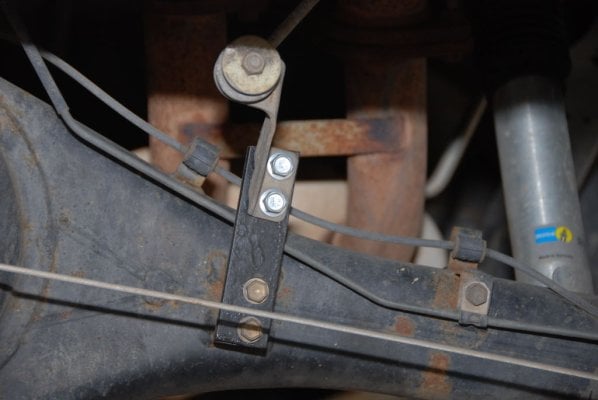dorocks
Senior Member
Greetings
I have been struggling to find a used FWC or ATC for my 2001 Tundra access cab(that is not priced like new). Have any of you used a wood frame camper like a Sunlite before you switched to the aluminum style? Did it work for light off road use, like the White Rim Trail?
A Sunlite poptop weighs approximately 1300 pounds or so according to the label I read on one. What does a FWC or ATC weigh in the real world in a base configuration? (sink/stove/refrig/couch/extended cab)?
Any thoughts would be appreciated.
Keith
La Mesa CA
I have been struggling to find a used FWC or ATC for my 2001 Tundra access cab(that is not priced like new). Have any of you used a wood frame camper like a Sunlite before you switched to the aluminum style? Did it work for light off road use, like the White Rim Trail?
A Sunlite poptop weighs approximately 1300 pounds or so according to the label I read on one. What does a FWC or ATC weigh in the real world in a base configuration? (sink/stove/refrig/couch/extended cab)?
Any thoughts would be appreciated.
Keith
La Mesa CA

